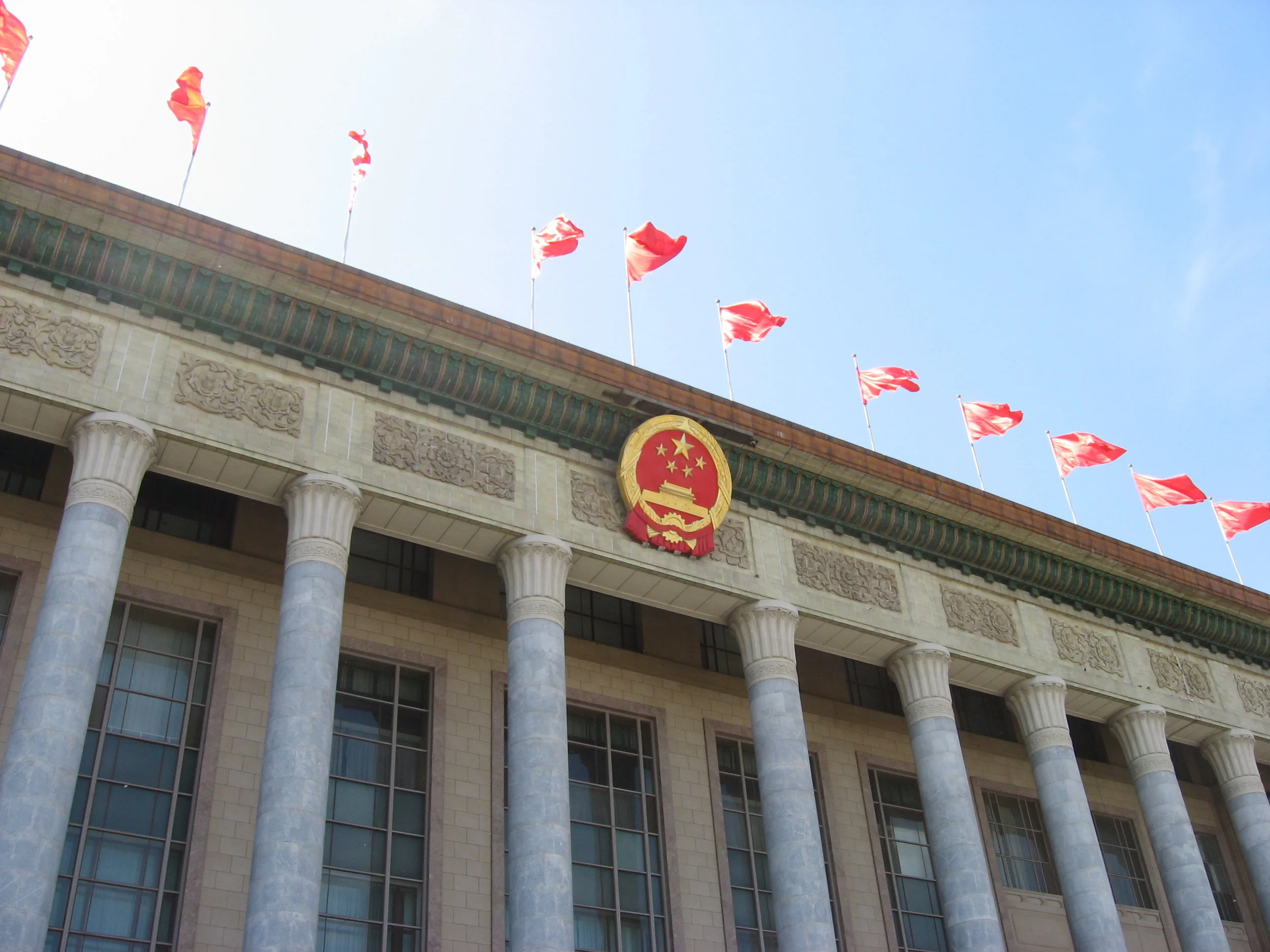China Moves to Restrict Textbooks
By Thomas Gaffney
February 16, 2015
Speaking to an audience of university presidents and officials during a conference on January 30, Yuan Guiren, the Minister of Education of China, emphasized the need to strengthen ideological control over what was being taught in classrooms.
The minister said that China “must not allow the spread of Western values into our classroom materials.” He added that “we should never allow teachers to complain or vent grievances in the classroom, so as not to transfer negative emotions to the students,” according to a Xinhua report on the speech. The remarks prompted concerns that Western textbooks would face censorship in the country.
Mr. Yuan’s speech was followed by similar overtures from other officials, like Jin Ruo, the party secretary of Renmin University in Beijing, who said in an interview with the People’s Daily Online that the use of teaching materials “should be to reflect the will of the state, to reflect the values of the country.”
But in interviews conducted two weeks after the speech, academics inside and outside of China acknowledge that banning Western textbooks is unlikely or even impossible. Rather, they suggest that this campaign is part of a broader effort by the government to crack down on politically outspoken professors.
A series of actions undertaken in the past five months suggest that the Chinese government views universities as an important ideological battleground, and that it is tightening its control over teachers accordingly.
In November, education department officials in Guizhou ordered colleges in the province to install security cameras in every classroom to keep track of what professors were saying. In December, a law professor named Zhang Xuehong was fired from East China University of Political Science and Law after publishing an article critical of President Xi Jinping and the rule of the Communist Party.
Perhaps the most high-profile example of targeting teachers was the firing in October of Xia Yeliang, an economics professor at Peking University. The school said that the reason for his dismissal was subpar job performance, but many scholars instead attribute it to Mr. Xia’s history of being an outspoken critic of the government. He was a signatory of the Charter 08 manifesto, which advocated political reform in China.
Mr. Xia, now a visiting fellow at the Cato Institute in Washington, D.C., discussed the tightening restrictions via phone on Sunday night.
“In the last two years you can see very clearly that liberal scholars are being attacked, like me. Even some people less radical, or more rational, than me have been put into jail.
“Yuan Guiren made a speech recently saying that the western ideas cannot be taught in university. That’s just ridiculous. Marxism, socialism, communism, they all come from the western world. Chemistry, physics, economics – all those come from the western world. So if you say all those values cannot be taught, what will be left? Confucianism? All modern ideas would be given up,” he said.
“What they really fear is western ideas of institutions, or ideology, and freedom of thinking. They target those things they think might be dangerous for CCP’s dictatorship,” Mr. Xia added. “I think the atmosphere is getting more and more closer to the Cultural Revolution and Mao’s time.”
Others see the government’s actions in less stark terms. Wang Yongzhong, a teacher at Southeast University in Nanjing, said in an email exchange that “teachers may be laid off by the excuse ‘not meet the standard quality.’ It is “sha ji jin hou.” The idiom, roughly translated as “kill a chicken to threaten monkeys,” means making an example of someone to keep others in line.
Fang Kecheng is a former political journalist for China’s newspaper “Southern Weekly” who is now a doctoral student at the University of Pennsylvania, thinks that the campaign is meant to serve as a warning to teachers. “The possible consequence I can think of is that when [the education department] wants to punish teachers with “misconduct”, they can use “disseminating flawed western ideas” as an excuse,” Mr. Fang said.
The tightening of Communist party control over academia was brought to the fore once again on Sunday, when it was announced that Wang Enge, the president of Peking University, was being relieved of his duties two years after his appointment. No reason was given. He is to be replaced by Lin Jianhua, formerly the president of Zhejiang University.
Users on Weibo, the microblogging platform, wondered why his term ended so abruptly:
Mi Rui Rong posted a message reading “Less than two years? Why?”
Mr. Xia, the economist who was fired from the school, believes that having the party appoint the university president undercuts academic integrity. “I think under the current system, anyone who became president of Peking University would not have an independent perspective. It’s impossible for the president to be a real educator. This one, Lin Jianhua, is even worse,” Mr. Xia said. “This guy is just a kind of robot who can obey instructions from the CCP.”
David Moser, the academic director of CET Beijing Chinese Studies, is an American citizen who has lived in China since 1987. In an email correspondence, he explained the current mood in Beijing’s educational circles. “Academia has already been spooked by the vehemence of Xi Jinping's anti-corruption campaign, and they are prepared to believe that he means business when it comes to the cultural and educational spheres, as well,” Mr. Moser said.
“The problem was actually not textbooks so much as the professors who were teaching from them,” Mr. Moser added. “I think a lot of professors were beginning to feel that they were really in a sort of safe ivory tower, and the Xi regime wants to remind them that they are to get into lockstep with the ideological requirements.

